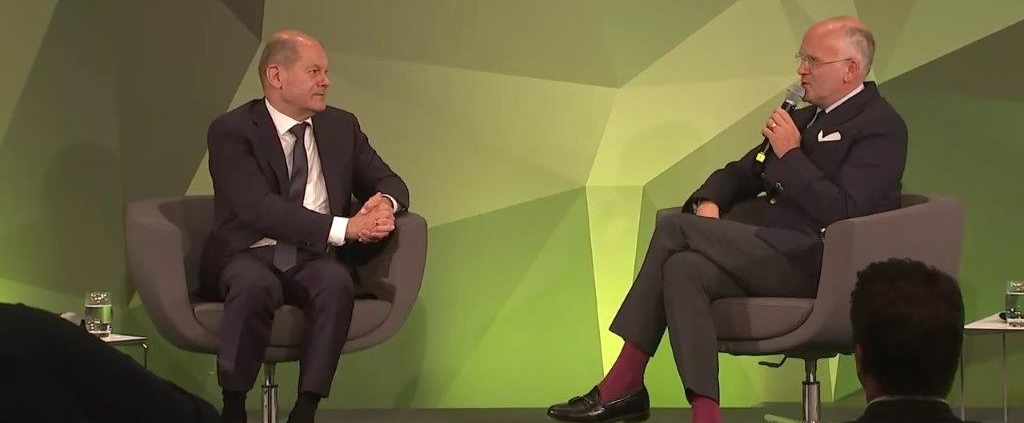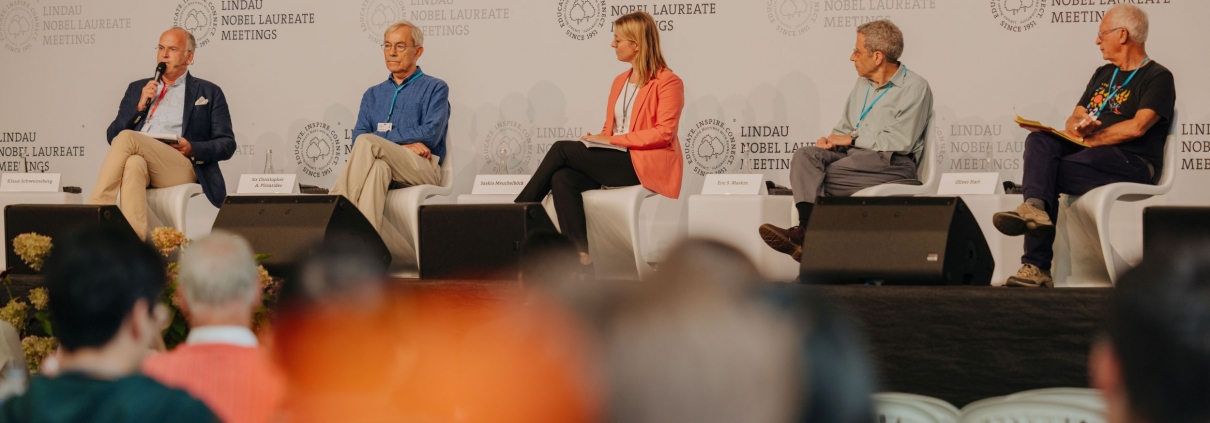Bundeswehr Conference 2022: Chancellor Scholz reaffirms security policy turnaround
With rhetorical unambiguity, Olaf Scholz at this year’s Bundeswehr conference locates the threat posed by Russia under Putin as currently the greatest for NATO allies. In view of the threat situation, the core mission of the Bundeswehr comes into focus within the Chancellor’s “Klartext” speech: national and alliance defense. Scholz reaffirmes the political and social backing of the Bundeswehr, with the special assets made available being no exception.
In the discussion that followed, opened by Klaus Schweinsberg, Olaf Scholz took questions from top Bundeswehr officials and political representatives. Within the new national security strategy, Scholz says, the development of the German military’s capacity to act was under particular scrutiny.


